It Takes a Fleet: Pre-Race Discussions
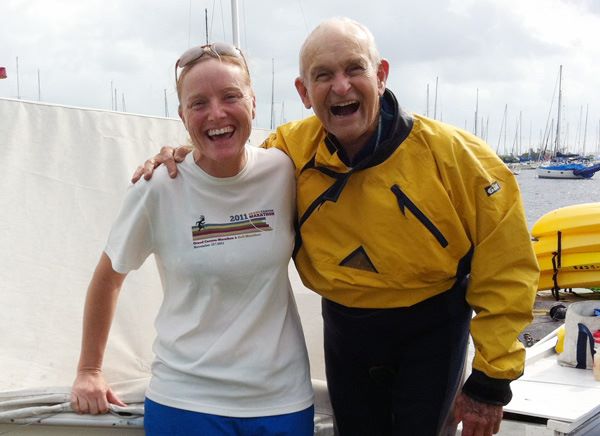

by Carol Cronin
(Published on Carol Newman Cronin – Author, Editor, Olympian)
A few weeks ago, Kim and I finished second at a Snipe regatta that we were winning right up until the last race. Several lessons can be taken from that “failure,” most of which I’ve learned before and some of which I’ve written about already. Today I want to focus on the importance (and pleasure) of pre-race discussions, because the absence of a few particular friends caused me to make a mistake in sail choice that I won’t soon forget.
We had a great three-race day on Saturday and went into Sunday as regatta leaders. Looking around the boat park that chilly morning, I didn’t see any teams changing out their mainsails—so I, too, stuck with the same one I’d used the day before, even though the forecast was for more breeze (and my wise teammate nodded when I mused about changing to our flatter sail). Call it laziness or denial; in hindsight I’m sure I would’ve made the change if I’d had my usual pre-race discussion with one of our competitor-friends. Instead, we pushed off the dock with the wrong equipment.
Cooperative Competitiveness
In 2011, I wrote that “Wanting to win should encourage us to help our competitors improve; the better they are, the more they challenge us to sail our best.” (Read A Week of Variety in Books and Boats) Since then, as a hungry-to-learn Snipe skipper, I’ve roamed the boat park each race morning, asking specific questions about sail and rig tuning choices.
Most folks shrug and tell me they’re going with what they used the day before. A few (and these are the people I really love sailing against and hanging out with) take the time and energy to work through their long list of Snipe speed considerations, digging deep into how they match their adjustments with the day’s expected conditions. Spreader length and angle, rake and rig tension, sail choices; our seemingly casual dialogue is the boat-speed equivalent of that other predictable race-day question, “what are you wearing today?”
These skippers (and yes, they are usually skippers) always have a plan that’s based on many years of Snipe experience, and they are perfectly wiling to share it with me—as well as anyone else who stops to listen. But they don’t get too locked in, either; on the water, they adapt well to any change of conditions.
Back onshore after racing, these same sailors are eager to explain what they learned, and how their results could’ve been improved—even if they won every single race that day. This is not as selfless as it sounds; talking through decisions will help them cement their own knowledge. (And even if the rest of us successfully absorb all their wisdom, tomorrow’s priorities will probably be different.)
Comments for this post are closed

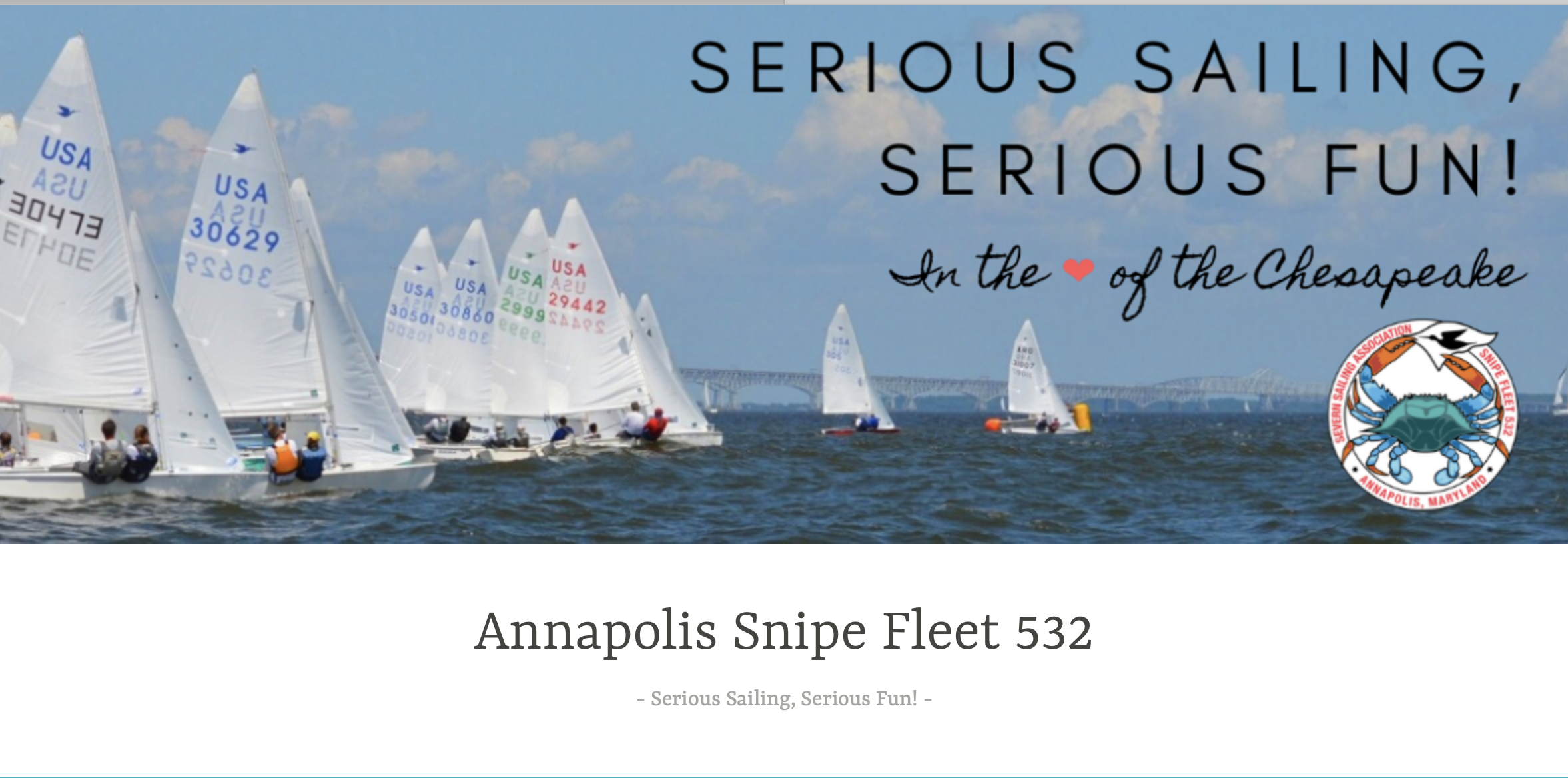



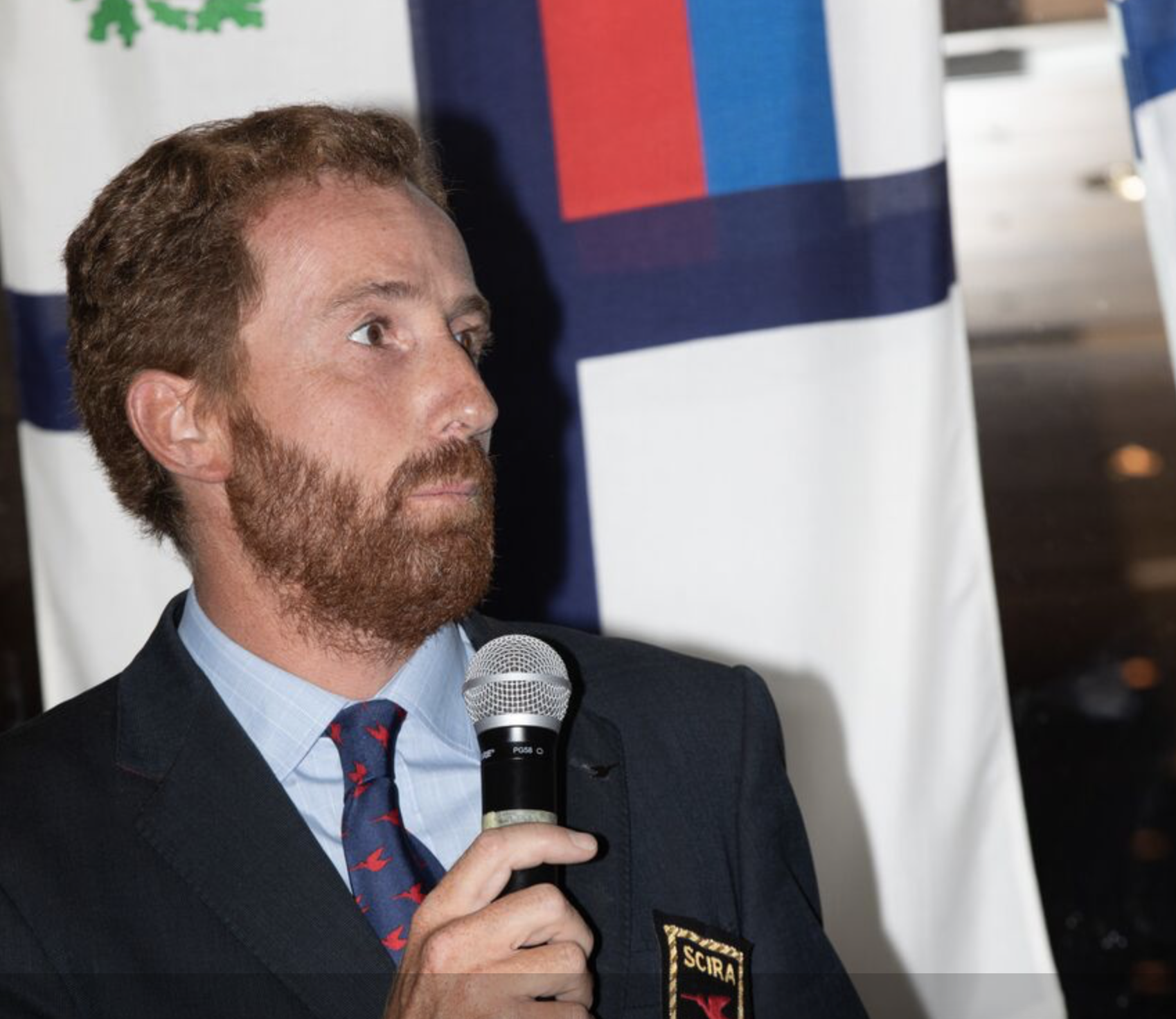
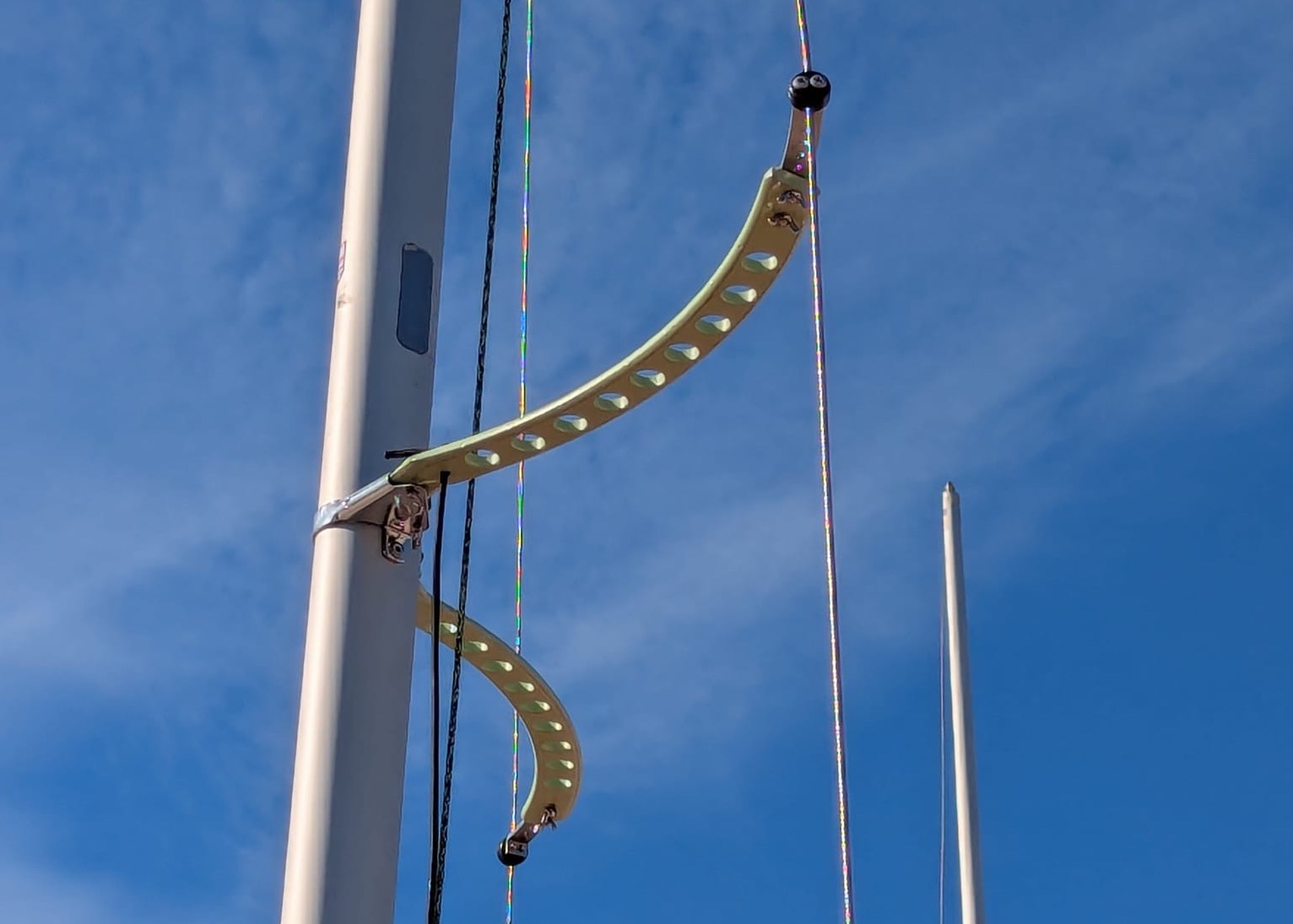
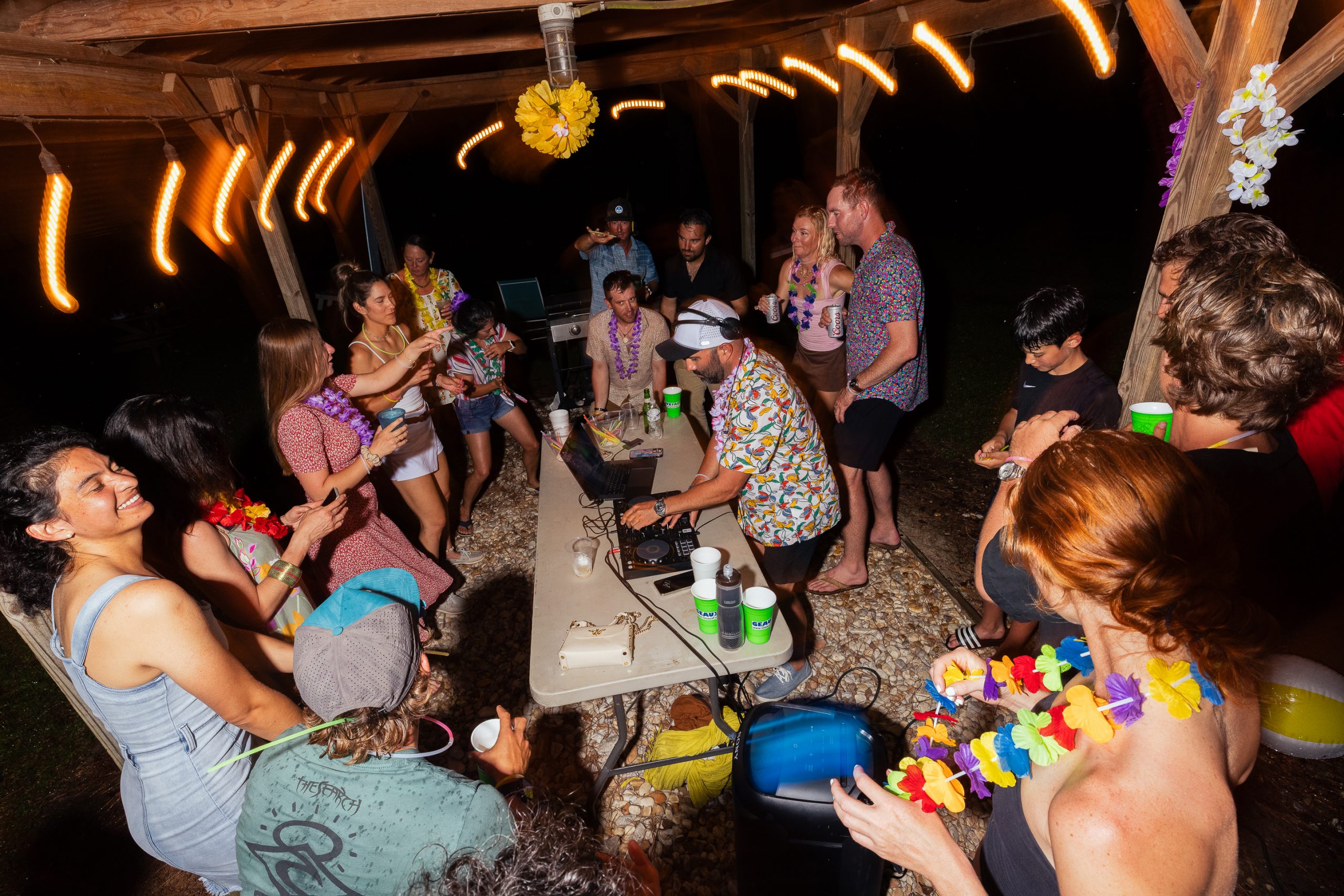

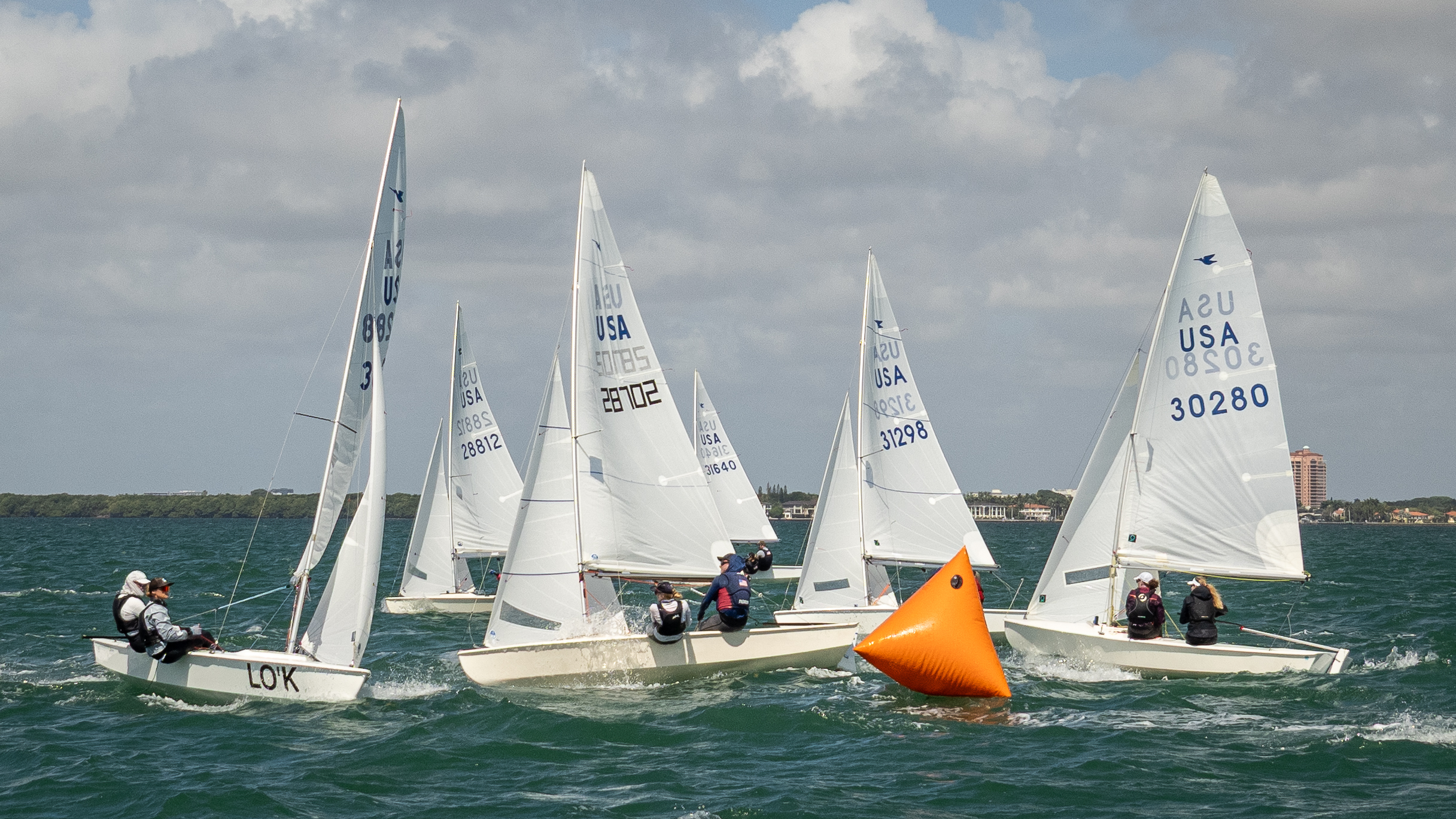
0 comments